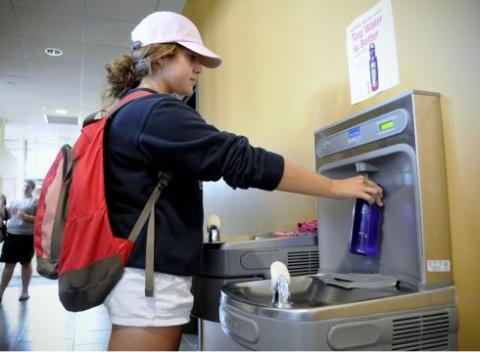Colleges and Universities are, at their core, geared toward cultivating and transforming young individuals into tomorrow’s leaders. What is frequently glossed over however is that once these men and women are in a position of power, how will they use it? Business Schools in particular focus too much on bottom lines and balance sheets rather than the growing trend of Corporate Social Responsibility. While leaders are being cultivated, they are not necessarily being provoked to think in terms of sustainability and the green movement.
A transformation needs to occur so that students are not only cultivated to lead, but lead in areas of and in thoughts of sustainability. The benefits of provoking individuals to make decisions with sustainability in mind have far reaching effects beyond the environment as young people have the ability to reach a massive audience quickly. The sustainability movement was fostered with the environment as its focus, but it does not mean students with other interests cannot benefit. For example, entrepreneurial students looking to start a restaurant can use ideas of sustainability to grow their own herbs and use waste leftover from uneaten food as compost to aid the soil in which the herbs grow. The key is to provoke students to make decisions, in whatever field they may be interested in, with sustainability in mind. Taking this step to integrate thoughts of sustainability within the curriculum will allow our generation, and future generations to not only live green, but be green.

